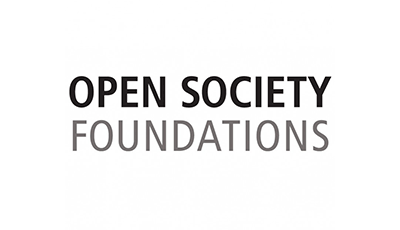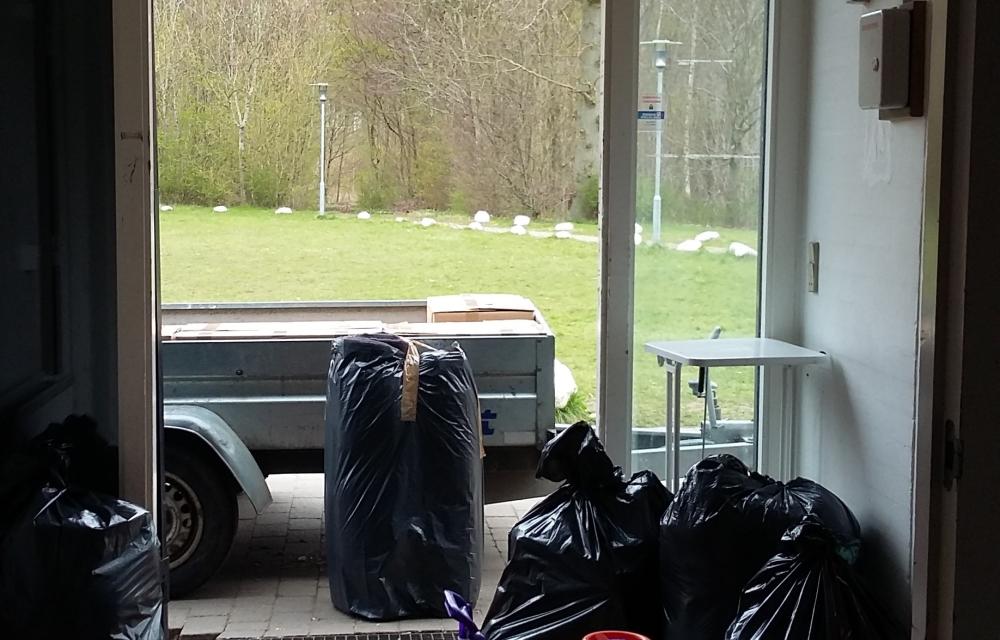Thematic Groups and Research Partners
Our research network is organised across thematic groups, to open pathways to new collaborations, with each strand headed by at least two people who responsible for organising events and research. Please read more below, and reach out to us if you have any collaborative ideas.
Our YouTube channel
Our channel features recorded seminars and workshops, a collaborative digital teaching resource made by migration scholars who highlight the significant aspects of their research for teaching purposes, and videos that summarise our research.
For more videos visit our channel.
Related blogs
Supported by


























